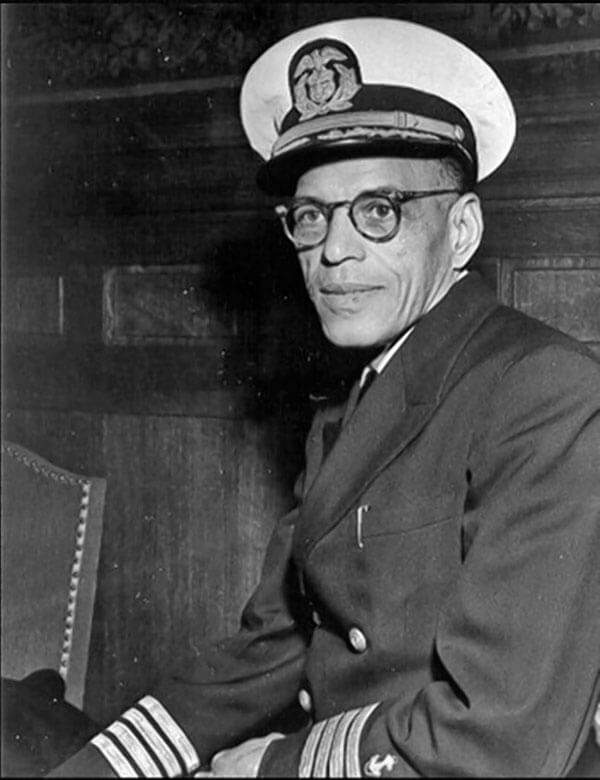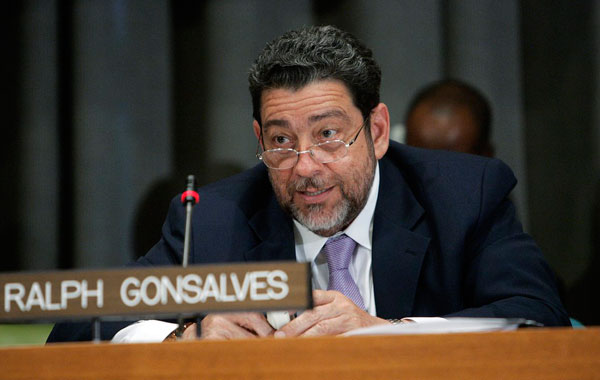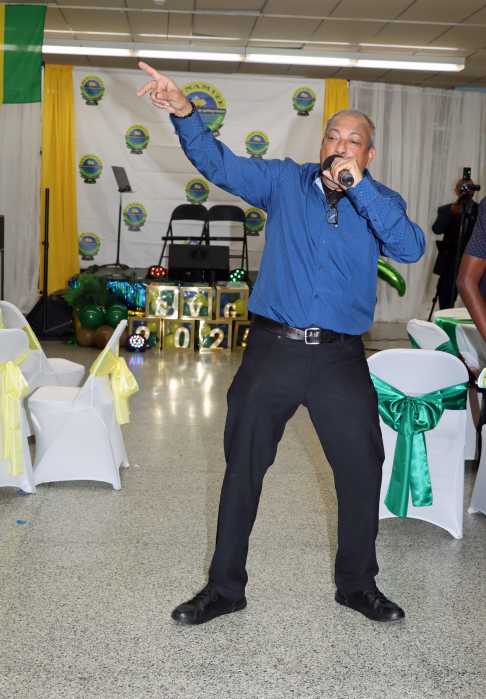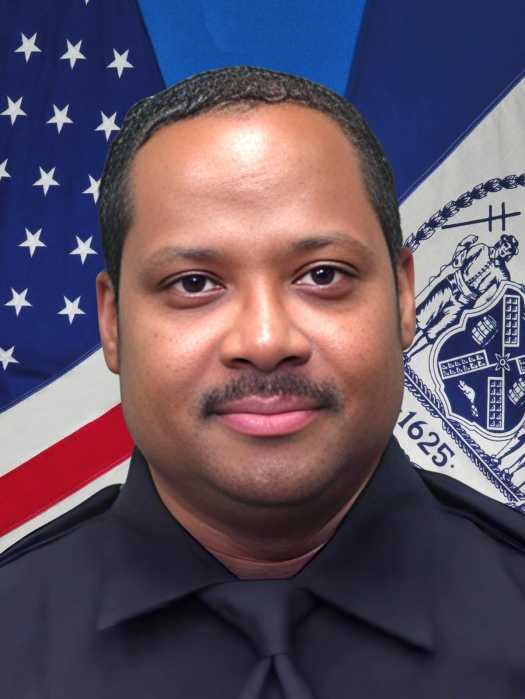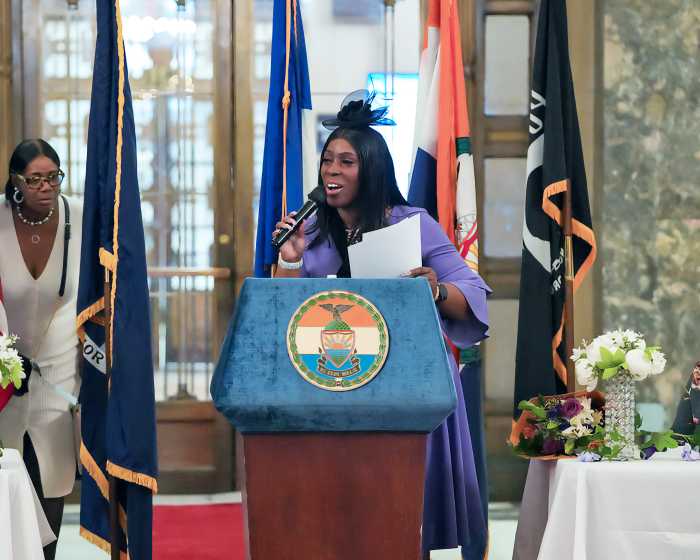When the United States entered World War II in December 1941, it faced a shortage of merchant mariners. With supplies in desperate needs overseas a massive sealift would require not only a huge fleet of cargo ships, but the seafarers to sail them.
“This opened the door a bit to black mariners for a range of shipboard jobs. One of the most dramatic stories of this era involved shipmaster,” Vincentian-born Hugh Mulzac, according to the United States Maritime Administration (MARAD).
Born in the St. Vincent Grenadine island of Union on March 26, 1886, Mulzac went to sea after high school, sailing on British vessels.
Subsequently, he attended the Nautical School in Swansea, in the United Kingdom, earning a mate’s license, said MARAD, adding that he sailed as a ship’s officer in World War I, and came to the United States, becoming a citizen in 1918.
By 1920, Mulzac passed the examination as a U.S. shipmaster, but there were no shipboard berths available to a black captain.
Although he held a master’s license, which qualified him to be a ship’s captain, he worked for the next 20 years mostly in the steward’s department of various shipping lines. This was the only shipboard work he could find, and he became an expert in food service management, according to MARAD.
With the outbreak of World War II, MARAD said Mulzac recognized an opportunity to use his license and command a vessel.
At 56, MARAD said he was named master of the new Liberty ship Booker T. Washington, christened by legendary opera singer Marian Anderson.
Mulzac insisted on having an integrated crew, not the all-black crew that had been planned.
The U.S. Maritime Commission relented, according to MARAD, and the Booker T. Washington made 22 round-trip voyages with Mulzac at the helm.
With the war’s end, MARAD said Mulzac found himself “on the beach,” again the victim of discrimination.
Because of his involvement in the 1930s in the labor union movement, he also fell prey to the rampant McCarthyism of the early 1950s, according to MARAD.
It said that it was not until 1960, at 74, that Mulzac could obtain another maritime officer job, as a night mate.
According to Black
Mulzac resigned from his position in 1921, because of disagreements with the Garvey organization, Black
For the next 20 years, racial discrimination in the shipping industry forced Mulzac to work as a steward, despite his previous experience, Black
When his last assignment on a Liberty ship ended in 1947, now 61-year-old Mulzac was still denied the opportunity to command privately-owned commercial vessels, Black
It said he retired from seafaring and turned to radical politics. In 1950, Mulzac ran on the American Labor Party (ALP) ticket for Queens Borough president. Black
With the U.S. in the midst of the Cold War, Mulzac in 1951 was blacklisted by shipping companies because of his affiliation with the controversial ALP, which many considered a Communist organization, according to Black
In 1960, Black
He died in 1971 in New York City, “but left a legacy of courage, fierce determination and accomplishment in the face of extreme hardship,” MARAD said.
It said Joseph B. Williams, the first African-American graduate of the US Merchant Marine Academy, who had sailed as a cadet-in-training aboard the Liberty ship Booker T. Washington, remembered Capt. Hugh Mulzac as a “demanding taskmaster,” but who taught him “how to be a qualified officer,” according to MARAD.


